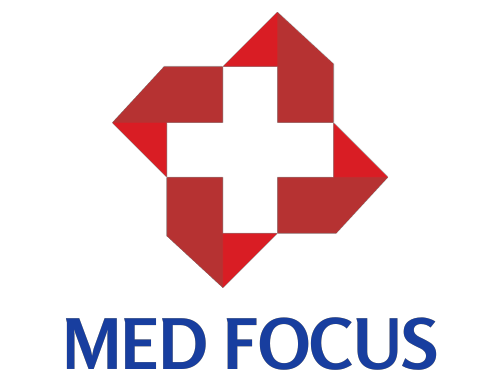The potential for revolutionary developments in the field of healthcare is enormous. The following are some major developments that will likely impact the future of healthcare

Following are the six trends influencing the health care industry:
1. Artificial Intelligence (AI) And Machine Learning:
AI has the potential to change healthcare By assisting with
- Diagnosis
- Treatment Planning
- Drug Development
- Personalized Medicine
Massive amounts of medical data can be analyzed by machine learning algorithms to spot trends, forecast outcomes, and offer quicker and more accurate diagnosis.
2. Precision Medicine:
Developments in genomics and molecular biology are laying the groundwork for this specialty of medicine that customizes therapies to a patient's genetic profile, way of life, and environment. This strategy can lessen negative side effects while improving therapeutic effectiveness.
3. Virtual Reality (VR) and Augmented Reality (AR):
Augmented reality (AR) and virtual reality (VR) technologies have the potential to change patient care, surgical training, and medical education. Patients can enjoy immersive therapy and pain management approaches while surgeons can perform intricate surgical procedures in virtual settings.

4. Big Data and Predictive Analytics:
With the exponential expansion of healthcare data, utilizing big data analytics can offer insightful information about illness patterns, treatment results, and population health trends. Identification of high-risk individuals, early detection of disease outbreaks, and efficient use of healthcare resources are all made possible by predictive analytics.
5. Robotics and Automation:
Robots can assist in
- Surgery
- medication dispensation
- patient care
It also helps in
- enhancing precision
- reducing human errors
- improving patient outcomes.
Automation can also make administrative work more efficient, freeing up healthcare staff to devote more time to patient care.
6. Bioengineering and 3D Printing:
Bioengineering and 3D printing innovations allow for the production of specialized implants, prosthetics, and tissue engineering treatments. This technique has the potential to transform organ transplantation, speed up healing, and solve the issue of a lack of available organs.

These developments could increase the precision of diagnoses, increase the efficacy of treatments, allow for early intervention, and give people more control over their own health. These technologies, which range from AI-powered diagnostics to remote monitoring tools, can improve access to, the effectiveness of, and the cost of healthcare.
Please visit themedfocus.com for additional advice and recommendations about attending medical school. If you're seeking a trustworthy internet source, please check out the whole medical school package at the URL below.
https://themedfocus.com/products/the-complete-med-school-bundle

